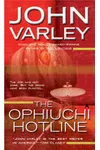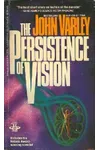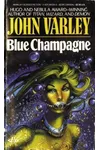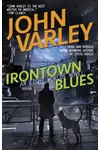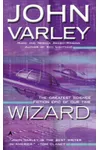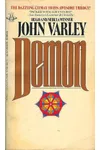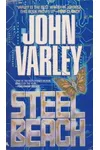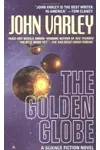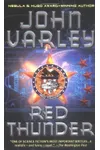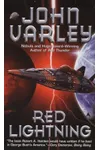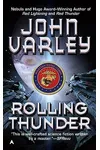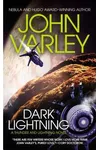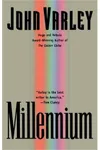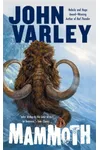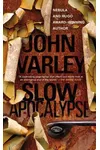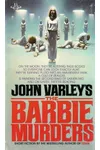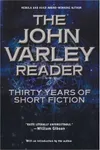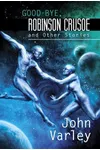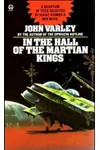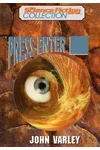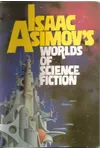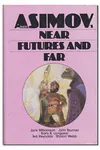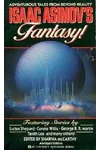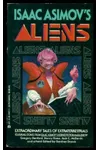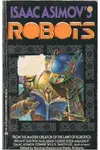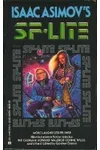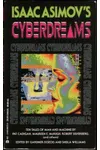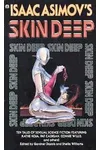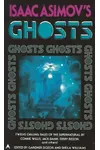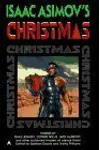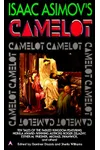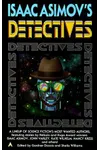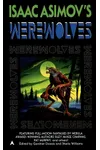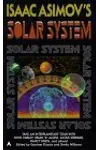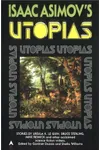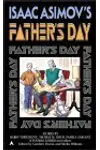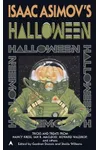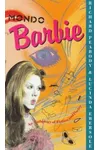Picture a Texas-born dreamer who swapped physics for far-out galaxies and fluid identities—meet John Varley! This science fiction maestro burst onto the scene in the 1970s, weaving tales of interplanetary adventures and mind-bending tech that still dazzle readers. With his Hugo and Nebula awards, Varley’s not just a writer; he’s a universe-builder who makes the impossible feel real.
The Making of John Varley
Born on August 9, 1947, in Austin, Texas, John Herbert Varley grew up in Fort Worth and later Port Arthur, soaking up the humid charm of small-town life. A National Merit Scholarship whisked him to Michigan State University, where he ditched physics for English before dropping out to chase the 1967 Summer of Love in San Francisco’s Haight-Ashbury. From panhandling to stumbling into Woodstock when his car ran out of gas, Varley’s hippie days shaped his free-spirited storytelling. By 1973, he decided writing beat odd jobs, and his first story, “Picnic on Nearside,” hit print in 1974, launching a stellar career.
John Varley’s Unforgettable Stories
Varley’s work is a cosmic playground, blending hard science with human heart. His Eight Worlds series, kicked off by The Ophiuchi Hotline (1977), imagines a solar system where humans, exiled from Earth by alien invaders, embrace cloning, sex changes, and digital memories. The novel’s vibrant, libertarian vibe earned praise for its bold vision. Then there’s the Gaea Trilogy—Titan (1979), Wizard (1980), and Demon (1984)—where explorers tangle with a sentient, movie-obsessed world called Gaea. Fans call Titan a page-turner that mixes wonder and weirdness. Steel Beach (1992) dives into a moon colony’s existential ennui, while The Golden Globe (1998) follows a roguish actor-thief across the stars. Varley’s style, often compared to Robert Heinlein’s, shines with witty prose, strong female leads, and themes of freedom and identity.
His short stories, like “The Persistence of Vision” (1978), which nabbed both Hugo and Nebula awards, pack equal punch. Varley’s knack for blending speculative tech—think mind uploads and bioengineering—with raw human emotion sets him apart. Whether it’s a detective chasing a killer in a cult of identical “Barbies” or a time-travel heist in Millennium (1983), his stories stick with you.
Why John Varley Matters
Varley’s impact on science fiction is galactic. In the 1970s, he rode the New Wave, bringing feminism and fluid gender to the genre’s forefront, long before they were mainstream. His Eight Worlds universe, with its casual sex changes and cloned identities, challenged norms and inspired writers like Cory Doctorow, who calls Varley’s work “purely love.” His libertarian streak, echoing Heinlein but less preachy, celebrates self-determination. Despite health setbacks in 2021, including a quadruple bypass, Varley’s influence endures, with fans still raving about his “unforgettable” stories on platforms like Reddit. He’s proof that sci-fi can be brainy, bold, and deeply human.
- Born: August 9, 1947, Austin, Texas
- Key Works: The Ophiuchi Hotline, Gaea Trilogy, Steel Beach, The Golden Globe
- Awards: Multiple Hugo, Nebula, Locus, and Prometheus awards
Ready to blast off? Grab The Ophiuchi Hotline or Titan and dive into John Varley’s wild, wondrous sci-fi worlds!
